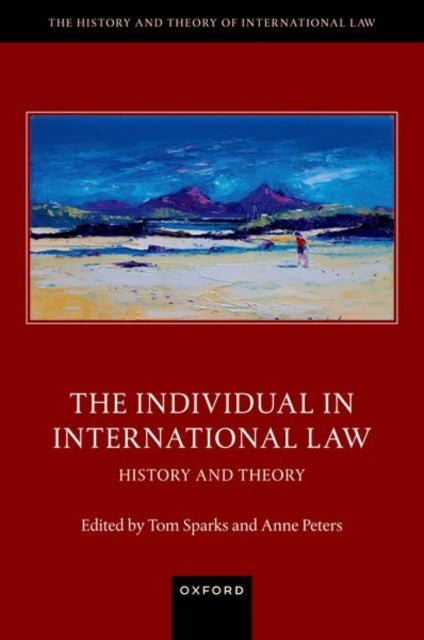
The Individual in International Law
1159,-
Shifts across the corpus of international law have brought the international legal system into a closer alignment with the interests of the individual. This has led to a great and growing interest in the roles and status of individuals in international law, and provided new impulses for debate. The Individual in International Law is an exploration of what is described as the humanisation of international law. It examines how international law has accommodated individuals, and how individual status, rights, and obligations have become denser and more important in the international legal system. Split into two parts, the book analyses the humanisation of international law in different historical periods and from various theoretical perspectives. The first part focuses on the historical evolution of international law, exploring how the interests of individuals have shaped the development of the legal system from antiquity to 1945, providing a counterpoint to State-centric readings of inte








